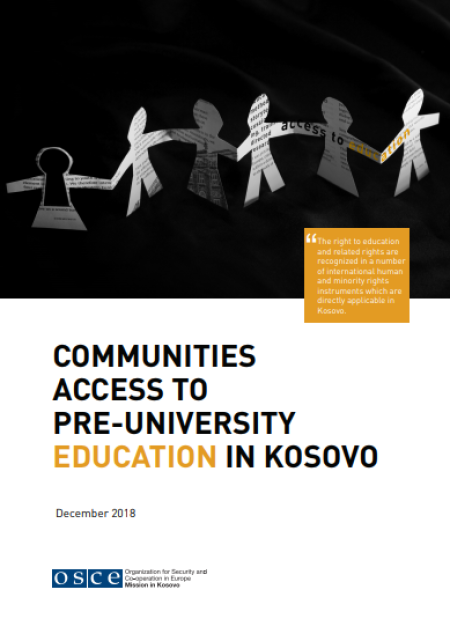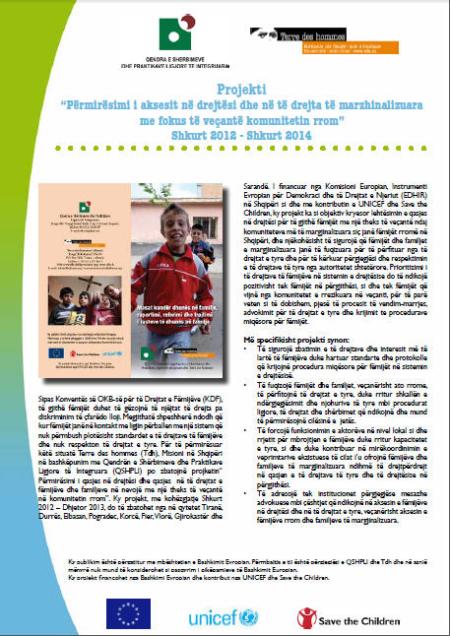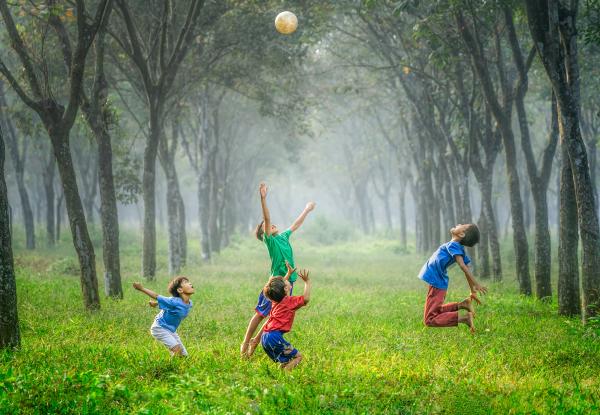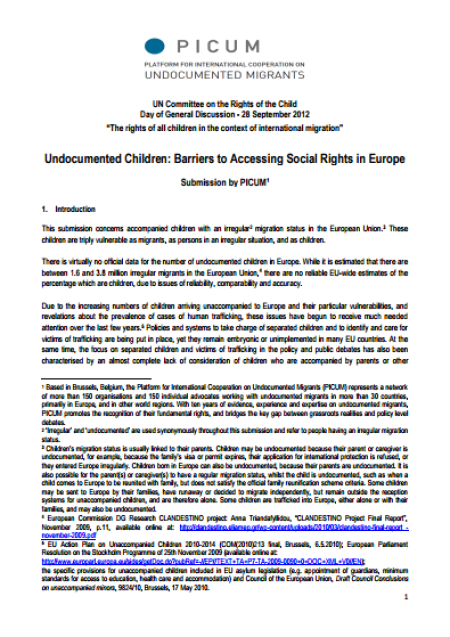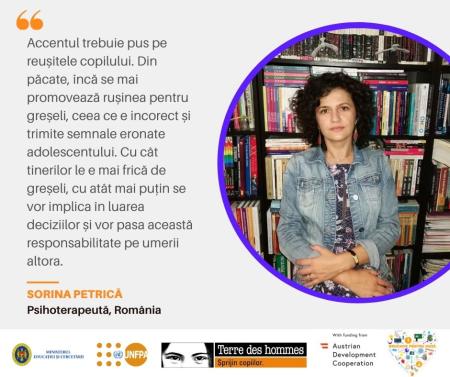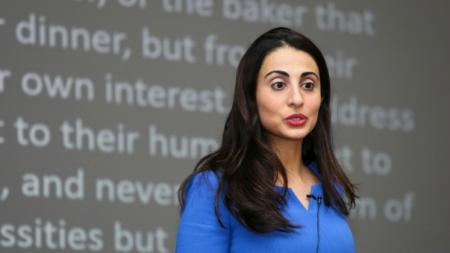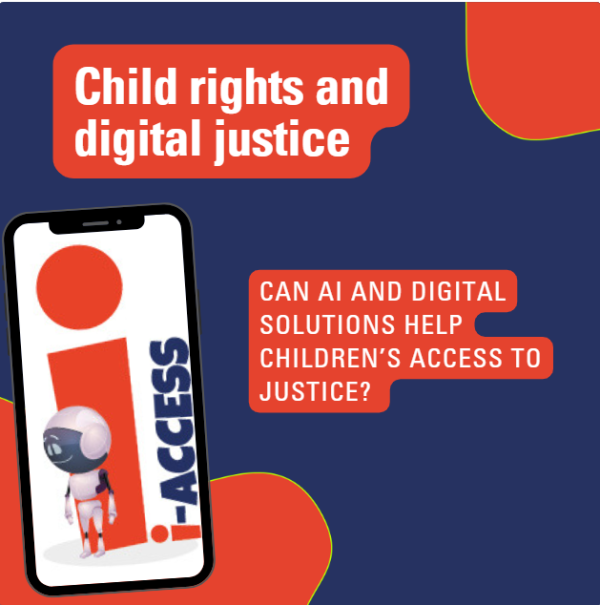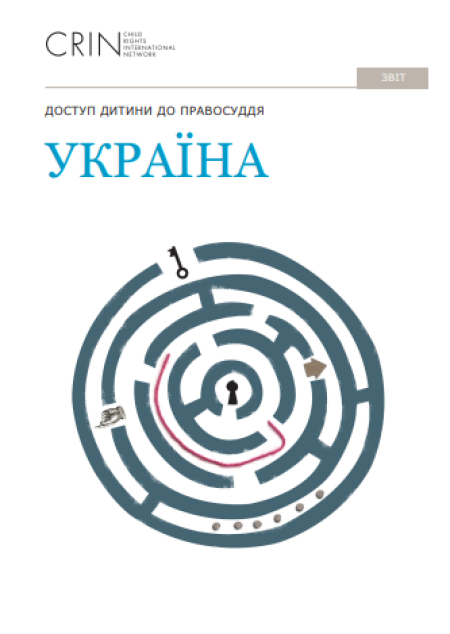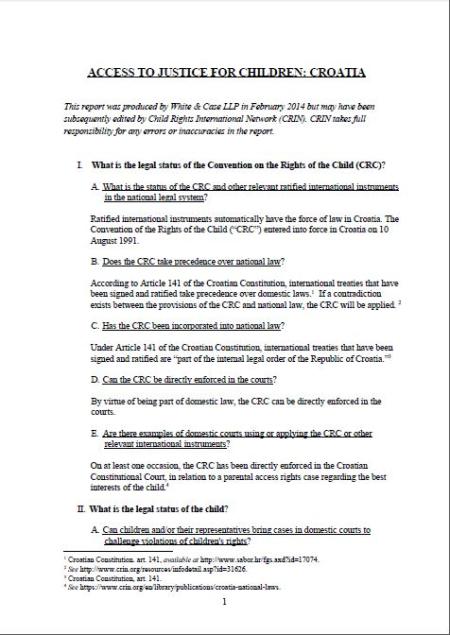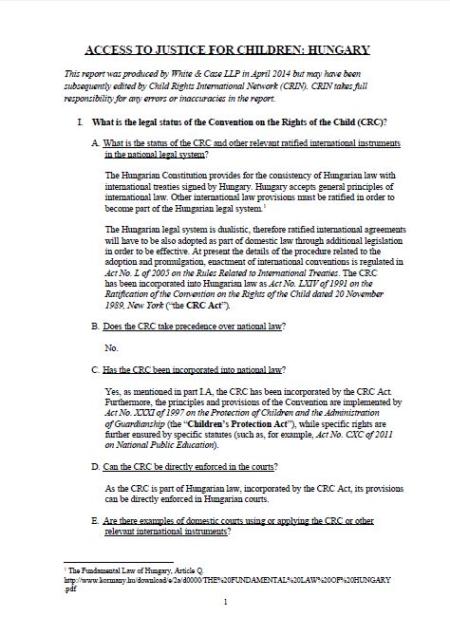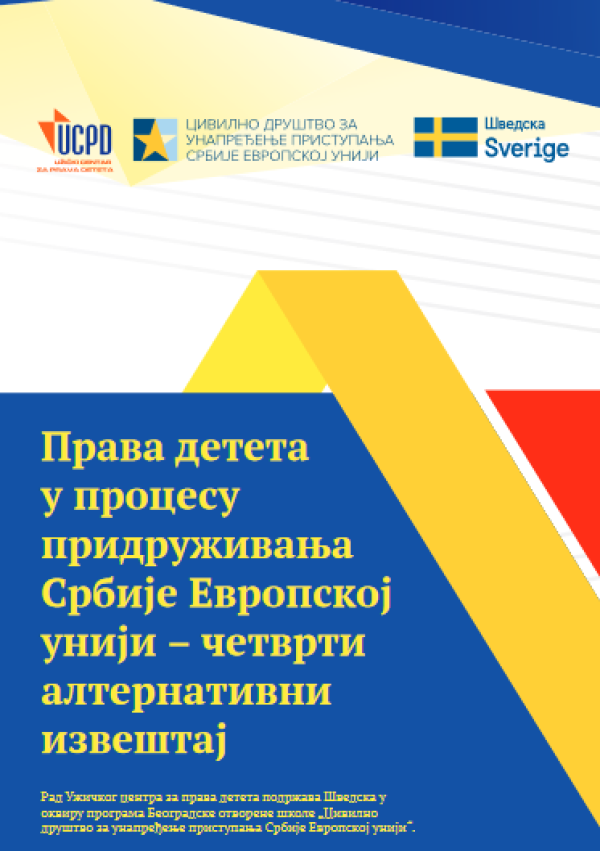
Eurochild welcomes the European Commission’s remarks to candidate countries and accession negotiations countries while highlighting a further need to acknowledge and prioritise the child rights agenda at each stage of the process.
The European Union, today formed of 27 countries, is ready to welcome more countries; it is the “natural horizon of the European Union”, according to President von der Leyen. Indeed, the European Union has always foreseen mechanism for accession to, and withdrawal from, the EU’s institutions.
The conditions and principles of accession are set out in Article 49 and Article 6 of the Treaty on the European Union (TEU). While they reflect fundamental values and guidelines, they are completed by the Copenhagen criteria, which are of political, economic, administrative and institutional nature (the latest referring to the EU acquis). In an effort to comply with Article 49 and 6 TEU, countries willing to join the EU must meet the criteria.
Thus, once a country has shown interest in complying with the EU body of law, it can be granted a candidate status before embarking into reforms to meet these criteria through negotiations.
Steps towards joining the EU are assessed each year by the European Commission, through its Enlargement Package. It is a compilation of documents appraising the state of play in countries pretending accession to the EU. The core document of this package is the Communication on EU Enlargement Policy, which highlights progresses made by accession countries as well as pressing issues to be addressed, along with recommendations to guide country towards meeting EU’s values. The Communication is supplemented by country reports.
This year, the Commission issued its Enlargement Package on the 8th of November. It includes the Communication on enlargement, and reports on Albania, Bosnia and Herzegovina, Georgia, Kosovo, Moldova, Montenegro, North Macedonia, Serbia, Türkiye and Ukraine.
Simultaneously, the Commission presented a new Growth Plan for the Western Balkans, a strategy aiming at developing economic convergence of Western Balkan countries, to get them “closer to the EU”.
This year, the European Commission recommended to open EU accession negotiations with Ukraine and Moldova; negotiations with Bosnia and Herzegovina should be opened once the necessary degree of compliance with the membership criteria is achieved.
It also recommended granting the candidate status to Georgia, after having been a potential candidate country since 2022.
Moldova, Montenegro, North Macedonia, Serbia and Türkiye should remain candidate country, and Kosovo should remain a potential candidate, according to the Commission’s assessment.
Albania has already entered accession negotiations in 2022.
In their journey to accession, both candidate countries and accession negotiations countries will have to address gaps in their children’s rights framework.
Indeed, the Commission acknowledges that, while there are commendable initiatives, the protection of children and persons with disabilities remains negatively affected by insufficient implementation of laws and policies, and ineffectiveness of redress mechanisms.
The Commission underscores that child-friendly justice system must be further developed, along with alternatives to detention. Concerns remain in terms of violence against children, early marriage, institutionalization of children without parental care and/or children with disabilities (taking the example of Georgia, Moldova, Ukraine and Bosnia and Herzegovina) and discrimination against minorities (the Roma community being the most deprived).
The Commission delved deeper into country specific limits and needs, in the country reports.
Although Eurochild welcomes the Commission’s remarks, it also notices that the Commission did not address children in its main observations and recommendations. Indeed, in its enlargement plan, the Commission does not seem to priorities the child rights agenda, even though Eurochild’s members underscore pressing and transversal issues, in candidate countries and accession negotiations countries alike.
Hopefully, future negotiations will not undermine the importance of children’s rights.
The Council of the European Union is the one to decide on the opportunity of the Commission’s recommendations. On the 12th of December, the Council approved the enlargement conclusions, and was shortly seconded by the European Council.



